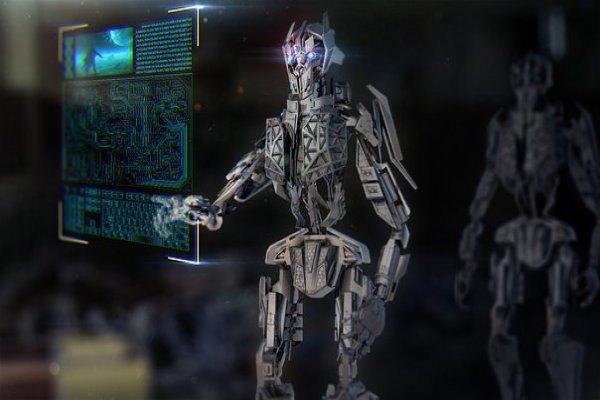In recent years, there have been enormous strides in artificial intelligence, with chatbots able to engage in conversations akin to human interaction in real-time and image creators producing photos that appear genuine when given verbal cues.
Those who view technology development positively have praised its potential to help foster creativity and make processes more efficient. In contrast, others are much less enthusiastic and even fear the possibility of disastrous outcomes.
A survey conducted and featured in Stanford’s 2023 Artificial Intelligence Index Report revealed that 36% of researchers in the Natural Language Processing field believe AI decisions could potentially cause a “nuclear-level catastrophe,” while 73% believe it could lead to immense, revolutionary shifts in society.
Exploring The Possibilities Of Artificial Intelligence With The “Godfather” Of AI
Researchers from three universities conducted a survey in which participants were asked to respond to the statement, “It is possible that decisions made by AI or machine learning systems could cause a catastrophe this century that is at least as bad as an all-out nuclear war.” The majority of respondents disagreed with this notion.
NLP is a field of study at the junction of language and AI, which focuses on teaching machines to process and analyze large volumes of information.
TOP TECH Executives Unite To Discuss AI Guardrail & Its Impact
A Pew Research study in 2022 revealed that 37% of Americans had more anxieties than enthusiasm regarding the use of AI technology, with 45% feeling a balance of both apprehensive and thrilled. This sentiment was shared by non-researchers too, who were worried about the prospects of artificial intelligence.
Many Americans were worried about the potential for job loss and issues surrounding surveillance, hacking, and digital privacy. These topics caused the most concern.
OpenAI, the company responsible for the AI chatbot ChatGPT headed by CEO and founder Sam Altman, has compared their work with the Manhattan Project. This is not an unprecedented association, as artificial intelligence has already been connected to nuclear progressions.
Sam Altman says:
“As Mr. Altman sipped a sweet wine in lieu of dessert, he compared his company to the Manhattan Project,”
“As if he were chatting about tomorrow’s weather forecast, he said the U.S. effort to build an atomic bomb during the Second World War had been a ‘project on the scale of OpenAI – the level of ambition we aspire to.”
The debate around AI’s potential risks and benefits, including the possibility of a ‘nuclear-level catastrophe,’ remains complex and ongoing. While AI has the potential for a positive impact, it also presents significant challenges and risks that require careful consideration and responsible development. Stakeholders must work collaboratively to ensure that AI is developed and deployed to prioritize ethics, transparency, and accountability, minimizing the potential negative impacts and maximizing the benefits for humanity.
Source: Fox News



